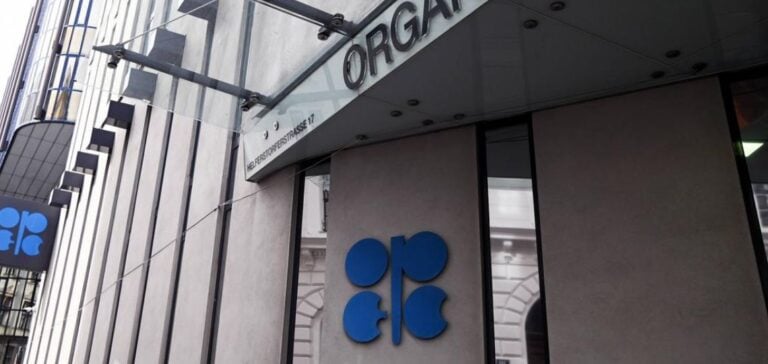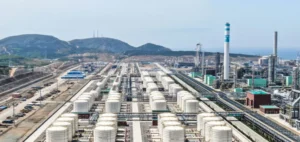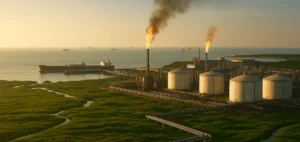OPEC+ is preparing to maintain its current oil production policy, despite a recent drop in crude prices.
Falling prices, due to economic concerns in China and rising non-OPEC+ production, are jeopardizing plans to reduce production cuts scheduled for the fourth quarter.
Background and Anticipated Decisions
The recent fall in oil prices, with Dated Brent settling at $79.14 a barrel on July 30, is causing concern for OPEC+.
The coalition had initially hoped for a seasonal increase in demand to begin reducing production cuts, but this decline complicates plans.
The Joint Ministerial Monitoring Committee (JMMC), co-chaired by Saudi Arabia and Russia, is due to assess the market outlook and make recommendations at its next meeting, scheduled for August 1. OPEC+ members face a dilemma: should they defend prices or maintain their market share? With around 5.8 million barrels per day (b/d) of capacity already mothballed since October 2022, there is little appetite for further production cuts.
However, the prospect of releasing barrels onto the market too quickly could further destabilize prices.
Jim Burkhard, Vice President of Oil Markets at Commodity Insights, believes that the group could either maintain its intention to increase production in October, or extend the current restrictions.
Forecasts and implications
Long-term forecasts are hardly more optimistic.
Analysts at Commodity Insights forecast an average price of $84/barrel in 2024, but a drop to $79/barrel in 2025, due to increased supply from the USA, Brazil, Guyana and Canada.
Mark Finley, energy expert at the Baker Institute for Public Policy, predicts little change in OPEC+ policy in the short term, especially if prices remain at their current level.
Impact of compensation cuts
Compensatory production cuts by members such as Iraq, Russia and Kazakhstan, to offset their excess production, could balance potential volume increases.
These additional cuts are scheduled to take place between July 2024 and September 2025, meaning that short-term adjustments are unlikely.
Demand trends
Global oil demand is also subject to differences of opinion.
OPEC forecasts an increase of 2.25 million b/d in 2024 and 1.85 million b/d in 2025, while Commodity Insights and the IEA predict more modest figures.
These divergent forecasts further complicate decision-making for OPEC+.
A number of external factors are also influencing oil demand and supply.
Lower interest rates in the USA could stimulate economic activity and increase demand for oil.
However, the outcome of the US presidential election in November adds a further layer of uncertainty as to future US policy towards OPEC+.
In summary, OPEC+ must navigate complex market dynamics and economic uncertainties.
The decisions taken will have a significant impact on the balance of the global oil market.





















